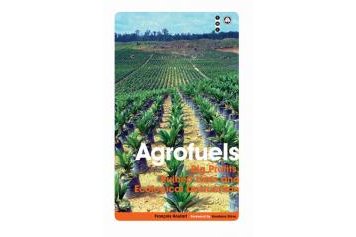The Forest Rights Act of 2006—also known as the Scheduled Tribes and Other Traditional Forest Dwellers (Recognition of Forest Rights) Act—came after considerable and bitter opposition from conservation groups.
They said the Act, which would grant land rights to tribals and other forest (…)


